Ray Bradbury was an influential American science fiction author born in 1920. He died in 2012. Bradbury’s short stories are still studied widely in schools across the USA, especially around Hallowe’en.
WHO WAS RAY BRADBURY?
Ray Bradbury was prolific. As well as short stories he wrote novels, screenplays and poetry.
Bradbury was born in 1920 in Waukegan, Illinois, the son of a lineman for the local power company. His father was often out of work due to the Great Depression.
The family frequently moved between Illinois and Tucson, Arizona but in spring 1934 Bradbury’s family moved to California. He lived there until he died.
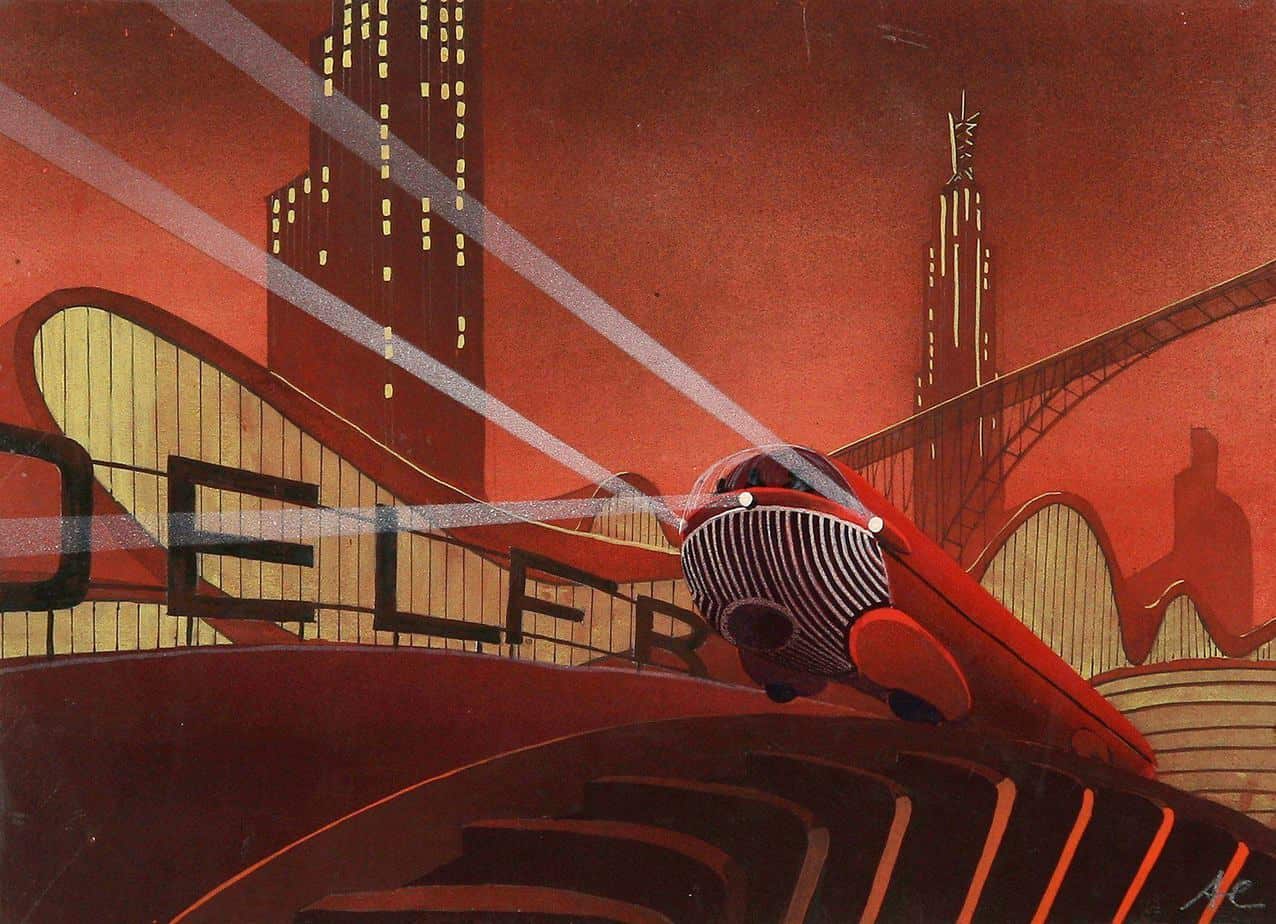
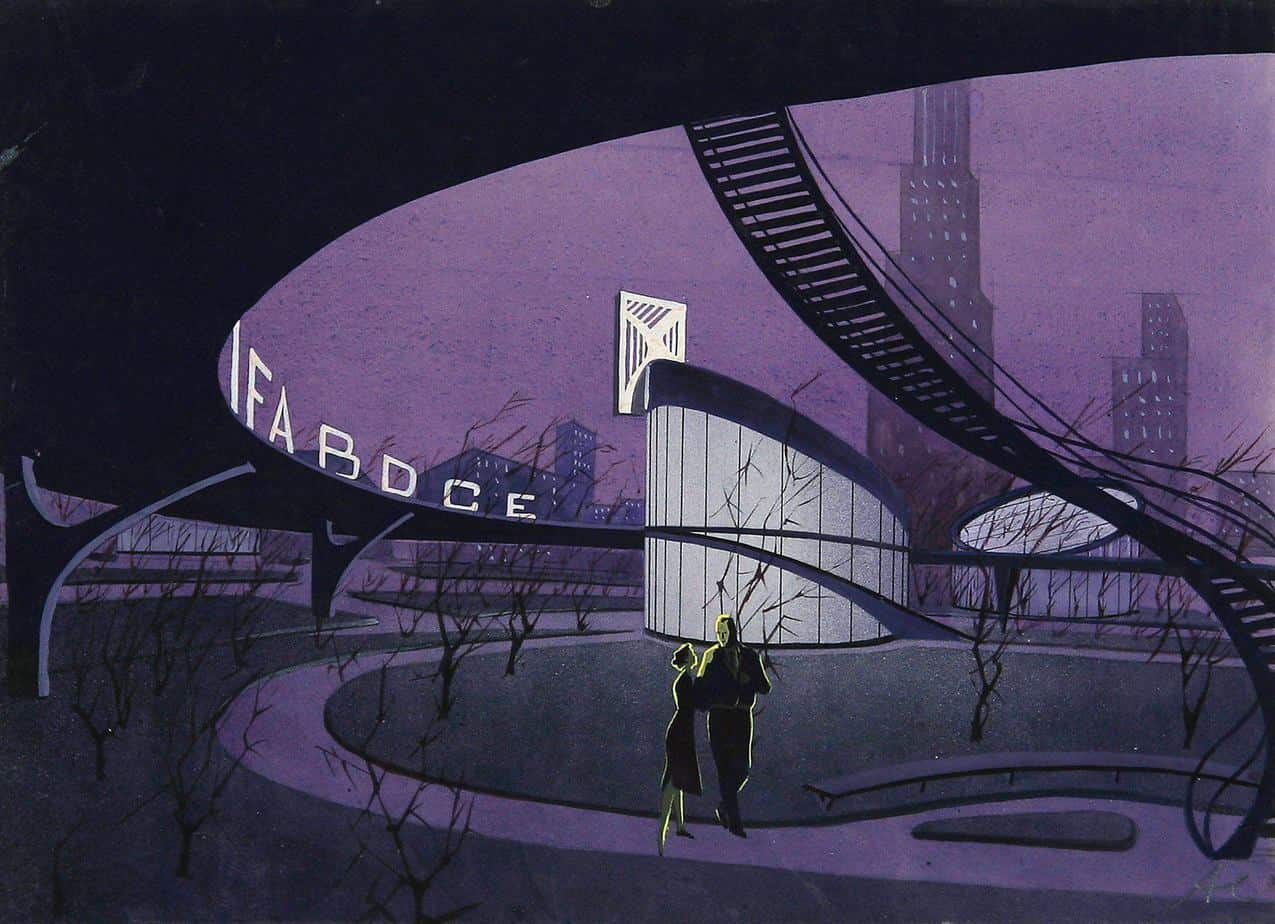
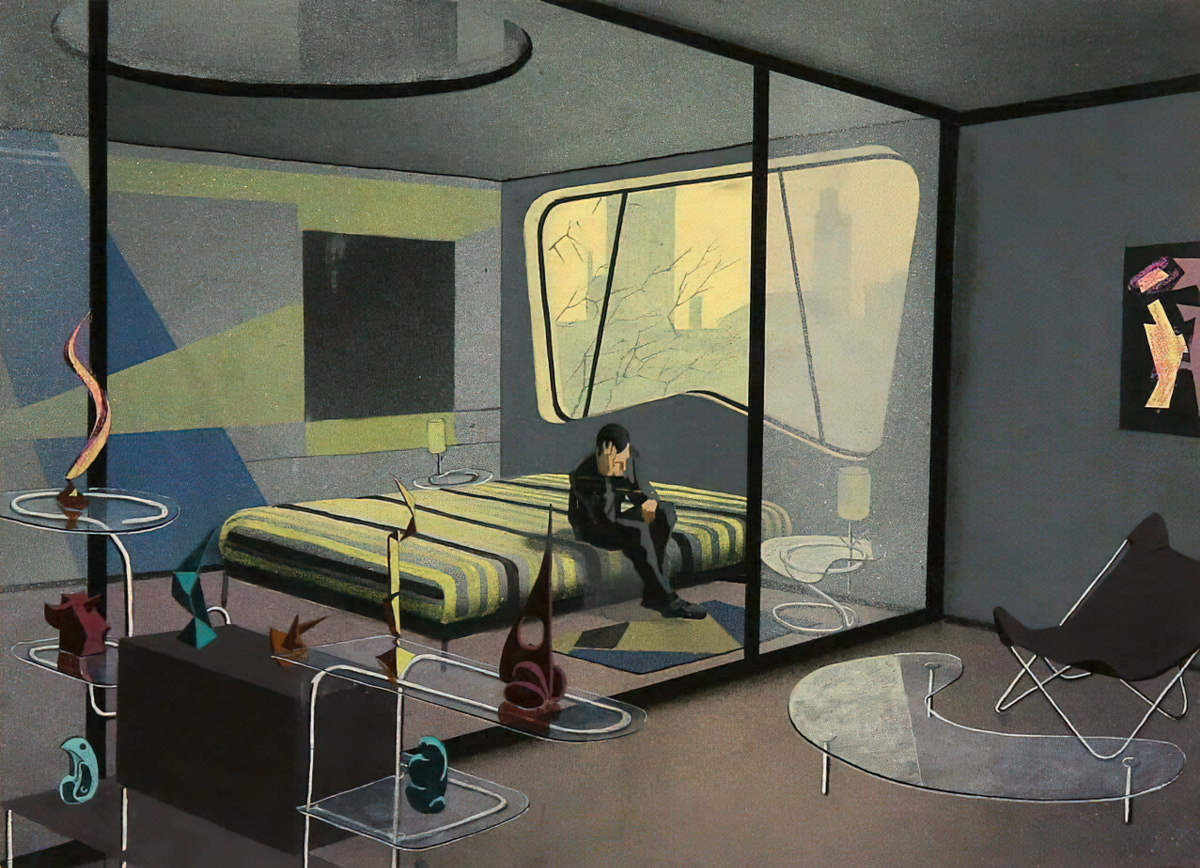
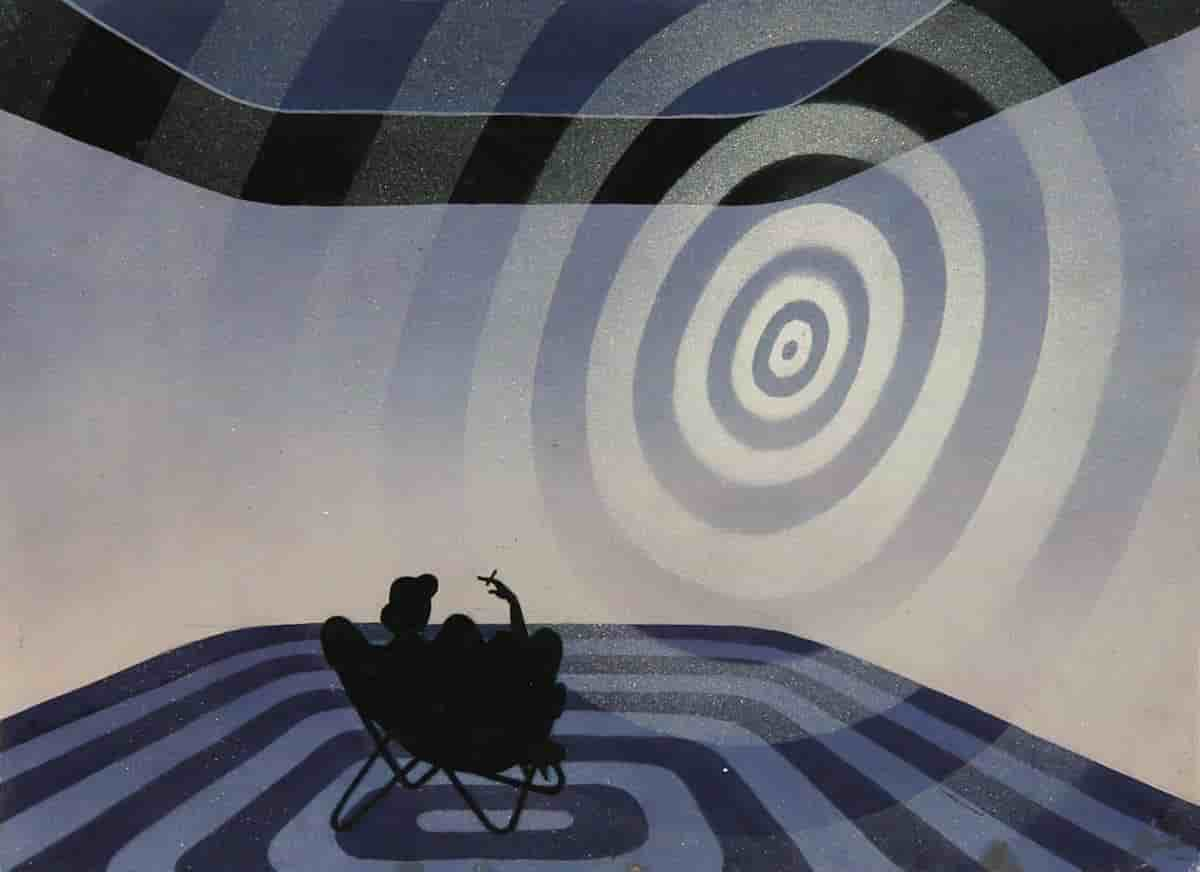
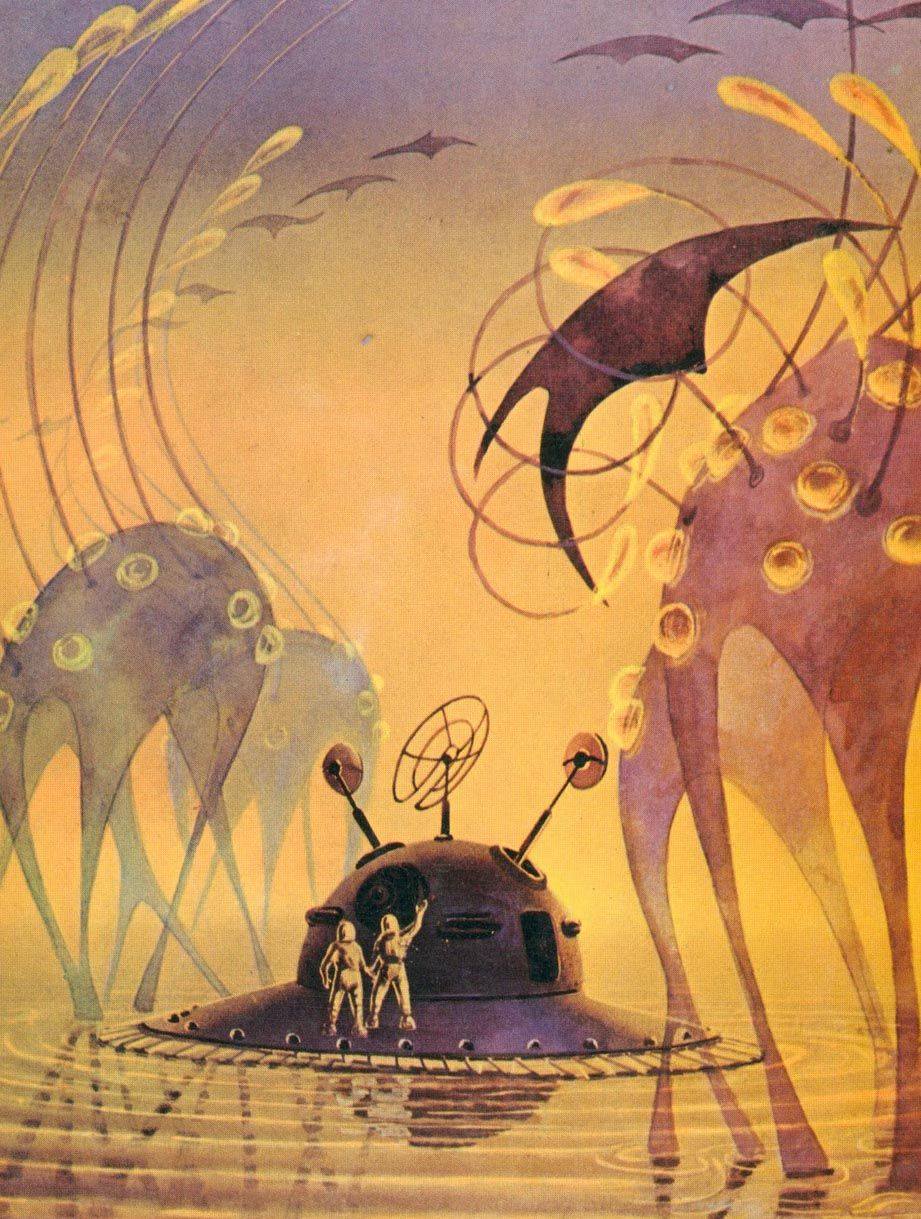
Bradbury believed all SF writers start out writing horror stories about people getting locked in tombs and so on.
THE INFLUENCE OF WAR
Bradbury had poor eyesight and never went to war (because of the eyesight). But everyone who lived through the 20th century wars was affected by them and the wars affected his work:
“After Hiroshima was bombed I saw a photograph of the side of a house with the shadows of the people who had lived there burned into the wall from the intensity of the bomb. The people were gone, but their shadows remained. That affected me so much, I wrote “There Will Come Soft Rains“.
Ray Bradbury
BRADBURY’S WRITING PROCESS
Bradbury was prolific. He could write a short story in a week. He wrote more than 50 books as well as for TV and film. He also published several poetry collections. He wrote every day but not to a schedule. Bradbury was completely intrinsically motivated, and experienced the privilege of artistic freedom few people have today, and which was limited to a very small group of white men last century.
Bradbury was able to write every day since the age of 12. He could also work anywhere, even when people are talking around him in the same room. He didn’t keep a notebook because he would write as soon as an idea struck him, finishing the first draft in a few hours.
He never learned to use a computer. Bradbury considered a computer a kind of typewriter and didn’t think he needed another one.
I type my first draft quickly, impulsively even. A few days later I retype the whole thing and my subconscious, as I retype, gives me new words. Maybe it’ll take retyping it many times until it is done. Sometimes it takes very little revision.
Ray Bradbury
Note that after his stroke, Bradbury’s daughter did his typing for him, adding to a long history of faceless women who type for great men.
LITERARY INFLUENCES
I absolutely demand of you and everyone I know that they be widely read in every damn field there is.
Ray Bradbury
THE WIZARD OF OZ
As a child he read L. Frank Baum.
THE CIRCUS
He also loved cinema, comic strips and travelling circuses.
Circuses and carnivals were always passing through Illinois during my childhood and I was in love with their mystery.
Ray Bradbury
CHANDU THE MUSICIAN
A radio show called Chandu The Musician was influential in his childhood. It was basically a superhero story — Chandu against all the villains of the world.
ILLUSTRATION
Bradbury loved to illustrate when he was younger and drew his own Sunday panels. This made him a good visual writer.
ACTING
He was also a young actor. Acting, too, helps writing as it is practice for putting yourself in someone else’s head.
SELF-EDUCATED AT THE LIBRARY
Bradbury was self-educated, thanks to the library. He never went to college. When he graduated high school he started going to the library three nights a week. He did this for 10 years and only stopped when he got married. He considered the library ‘the real school’. He was highly driven by his own curiosity and would not have been able to study things which didn’t interest him.
POETRY
Bradbury read poetry every day of his life.
It started with Poe. I imitated him from the time I was twelve until I was about eighteen. I fell in love with the jewelry of Poe.
Ray Bradbury
EUDORA WELTY
I fell madly in love with a number of women writers, especially Eudora Welty and Katherine Anne Porter. I still go back and reread Edith Wharton and Jessamyn West—The Friendly Persuasion is one of my favourite books of short stories.
Ray Bradbury
Bradbury was interested in Welty’s ability to say so much in so few words.
WINESBURG, OHIO
On collecting his shorts together for The Martian Chronicles Bradbury said:
I had read Winesburg, Ohio [by Sherwood Anderson] when I was twenty-four years old, in 1944. I was so taken with it that I thought, Someday I’d like to write a book like this, but I’d set it on Mars.
Ray Bradbury
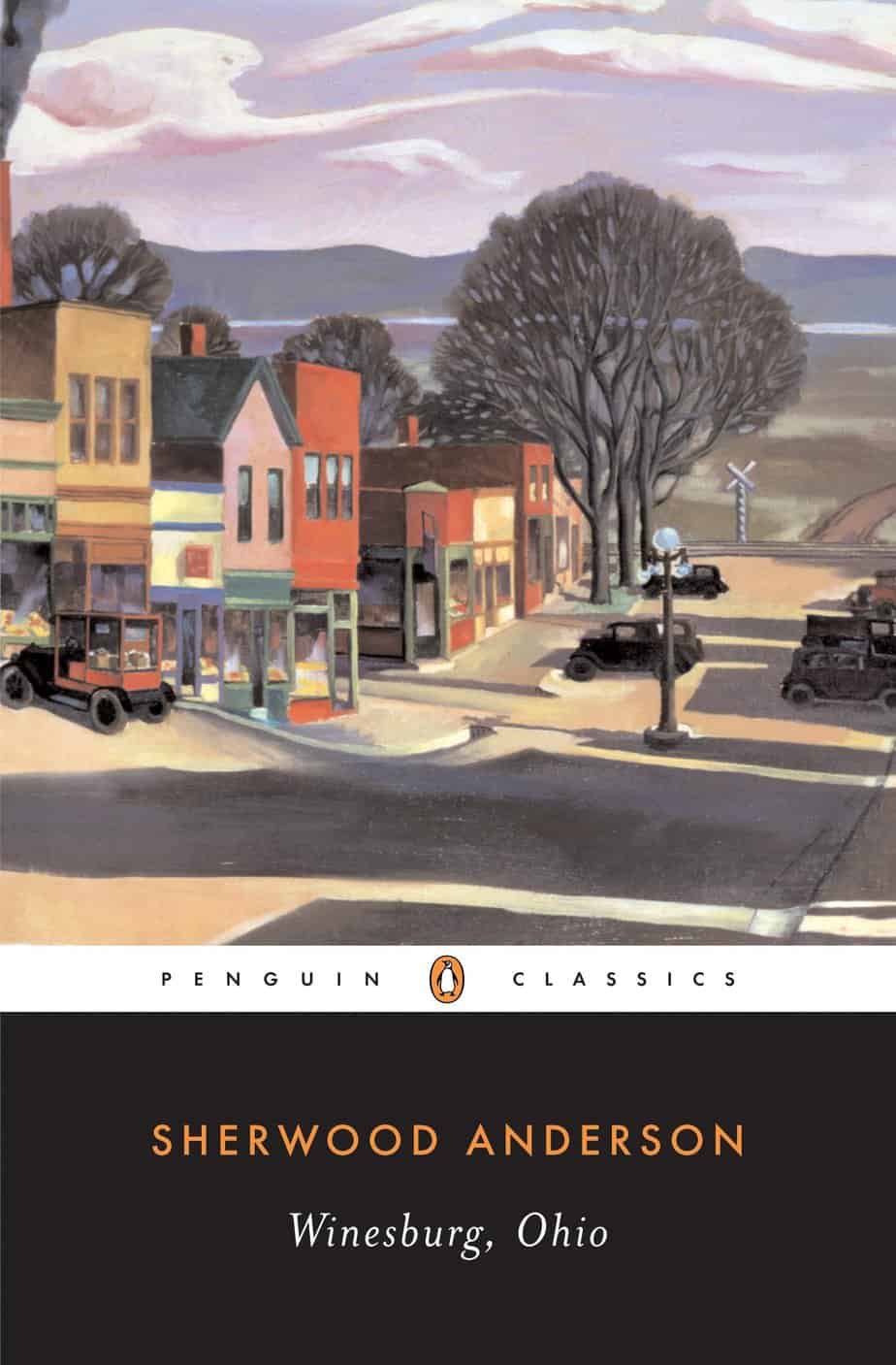
JOHN STEINBECK
“I learned from John Steinbeck how to write objectively and yet insert all of the insights without too much extra comment.”
Ray Bradbury
THOMAS WOLFE
Bradbury learned from other writers by typing out passages to try and catch their style. Especially Tom Wolfe (1930-2018).
Wolfe’s notable works:
- The Kandy-Kolored Tangering-Flake Streamline Baby
- The Pump House Gang
- The Electric Kool-Aid Acid Test
- The Right Stuff
- The Kingdom of Speech
WRITING AND READING ADVICE FROM RAY BRADBURY
WRITE A SHORT STORY IN A SINGLE DAY
The short story, if you really are intense and you have an exciting idea, writes itself in a few hours. I try to encourage my student friends and my writer friends to write a short story in one day so it has a skin around it, its own intensity, its own life, its own reason for being. There’s a reason why the idea occurred to you at that hour anyway, so go with that and investigate it, get it down. Two or three thousand words in a few hours is not that hard. Don’t let people interfere with you. Boot ’em out, turn off the phone, hide away, get it done. If you carry a short story over to the next day you may overnight intellectualize something about it and try to make it too fancy, try to please someone.
Ray Bradbury
NEVER FINISH A BOOK YOU DON’T LIKE
Bradbury refused to read Literature if it put him to sleep. He had no time for the canon unless he loved it. He tried to read Proust and Joyce, for example, but couldn’t plough through. This says something about the down-to-earth pleasure he aimed to evoke in his readers. Bradbury described himself as ‘idea oriented’ whereas someone like Joyce, according to Bradbury, ‘doesn’t have any ideas’.
Ray Bradbury was motivated by plot: high concept premises, fast-moving action with cause and consequence, revelations, clues, suspense and cliff-hangers.
There were also contemporary writers he had no time for. Bradbury named John Irving as ‘the bore of all time’.
FEATURES OF RAY BRADBURY’S WORK
THEMES OF LOSS
Bradbury lost his beloved grandfather when he was five, and his baby sister died from pneumonia two years later. Great loss appears frequently in his work.
HIGHLY METAPHORICAL

Bradbury realised his work was popular in schools partly because he wrote in metaphors. Every one of his stories is a memorable metaphor.
periodic reminder that Fahrenheit 451 isn’t about government censorship but a society so inundated with entertainment and technology that it’s discarded the humanities voluntarily, in the process becoming cruel, bigoted and inhuman.
@SketchesbyBoze
SEE ALSO
Biographical piece from the Paris Review
A New Eulogy For Ray Bradbury by Margaret Atwood
Come To Green Town from Fiction Writers Review

